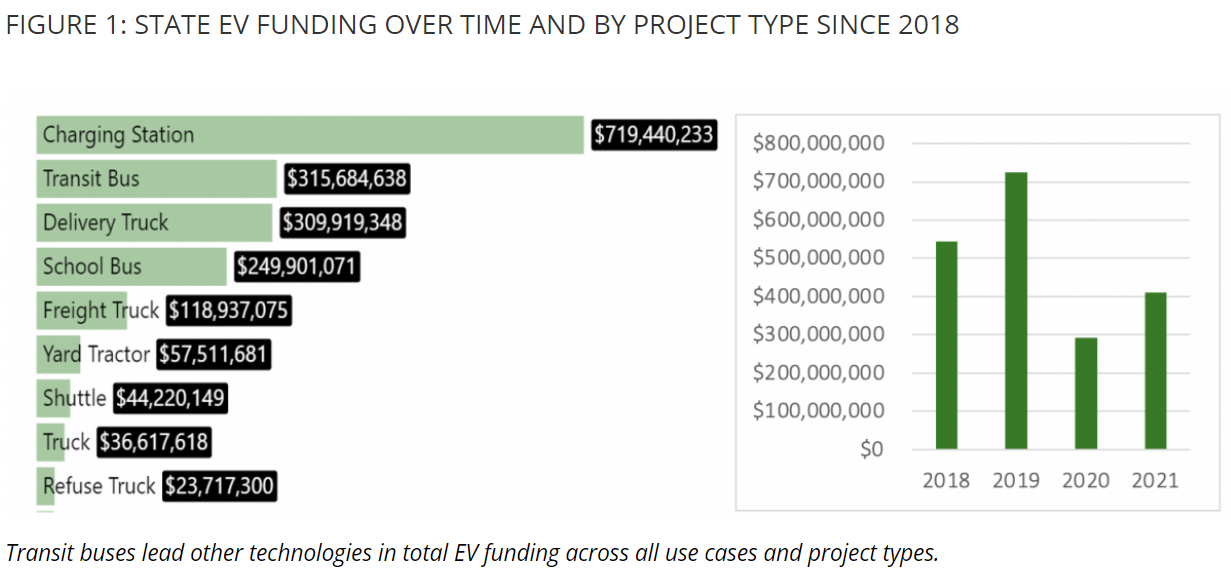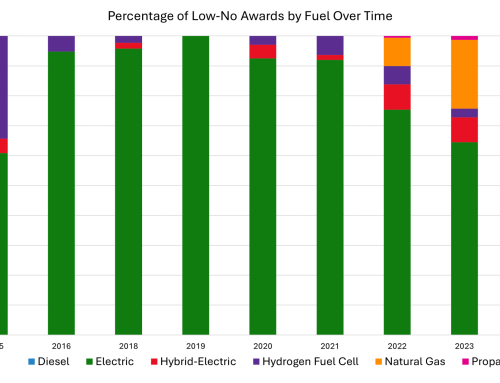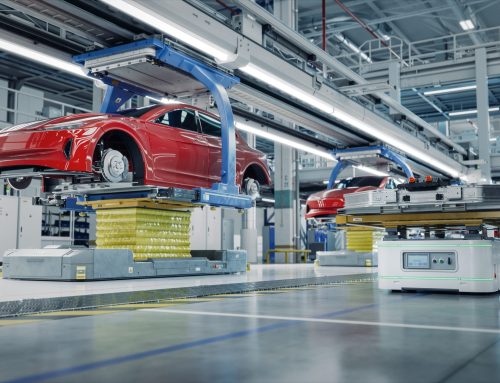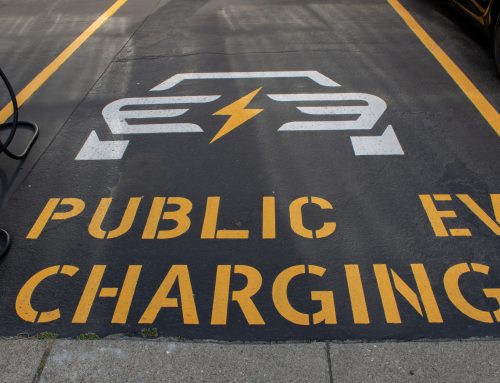
Source: EV Hub
This is Conner Smith signing off of the EV Hub Weekly Digests. It has been a pleasure providing more than 100 of these weekly updates to you all over the last two years and I leave the newsletter in capable hands as I prepare for my next adventure in graduate school. I may be leaving but I’m sure I’ll still be searching for the latest EV news every week … So long for now, feel free to reach out to me at connermuir@berkeley.edu!
EV funding continues to take center stage as the Biden Administration and Senate Democrats grapple with Senate Republicans over infrastructure spending. Senate Republicans continue to take aim at EV-related spending propositions in Biden’s American Jobs Plan, offering counterproposals that would slash EV spending from $174 billion to just $4 billion. In addition to spending plans under the American Jobs Plan, the recently advanced Clean Energy for America Act could deliver a significant boost to the federal EV tax credit if passed.
In the meantime, states will continue to lead on EV policy as they have for the better part of the last five years. For the back half of the 2010s, state governments were at the helm of transportation electrification funding and policy in the United States. Our new data story shows that funding for EVs and EV charging exploded in 2018 with more than 95 percent of the $2 billion in all-time state government funding for EVs and EV charging occurring between January 2018 and May 2021. Roughly $600 million has been allocated to the states through recurring federal programs like the federal Low or No (Low-No) Emission Bus Program between 2015 and 2020. In most cases, states with the highest government funding for transportation electrification are also the states with the most supportive policies. This includes California, New York, New Jersey, and Washington, a group that claims 70 percent of all public funding for EVs and EV charging.
Excluding federal programs, more funding has already been awarded to EVs in the first five months of 2021 compared to all of 2020. Awards made so far in 2021 represent 57 percent of the awards made in 2019, the highest year on record for state EV funding. EV charging awards make up the majority of state funding for transportation electrification since the beginning of 2018 with over $700 million awarded.
Funding awards through the Volkswagen Settlement continue to serve as an important source of funding for transportation electrification in the United States. Across the country, $920 million in Volkswagen Settlement awards have been made, with 51 percent going towards EVs. This represents roughly 32 percent of the total amount allocated to the states, meaning that just under 70 percent of these funds remain unspent. In the case of both Colorado and Illinois, executive action has been taken to dedicate all remaining Settlement funding to EVs. Other states like Virginia, which was highlighted in the previous data story for policy leadership in 2021, have not issued a single Settlement award to fossil fuel vehicles.
Funding is likely to increase across all categories as states continue to award Settlement funds and more EV and charging projects are awarded funding through open public requests. Nationwide, the State Policy Dashboard is tracking 19 open RFPs as of May 25, 2021 and seven public comment periods. You can see more of these insights from the new State Policy Dashboard in the full data story.


